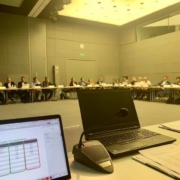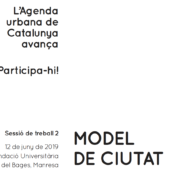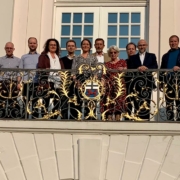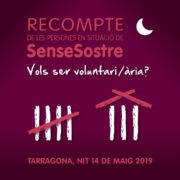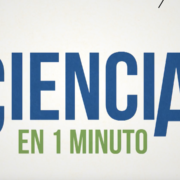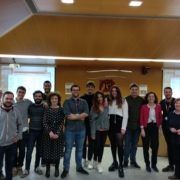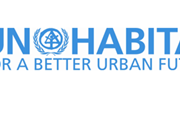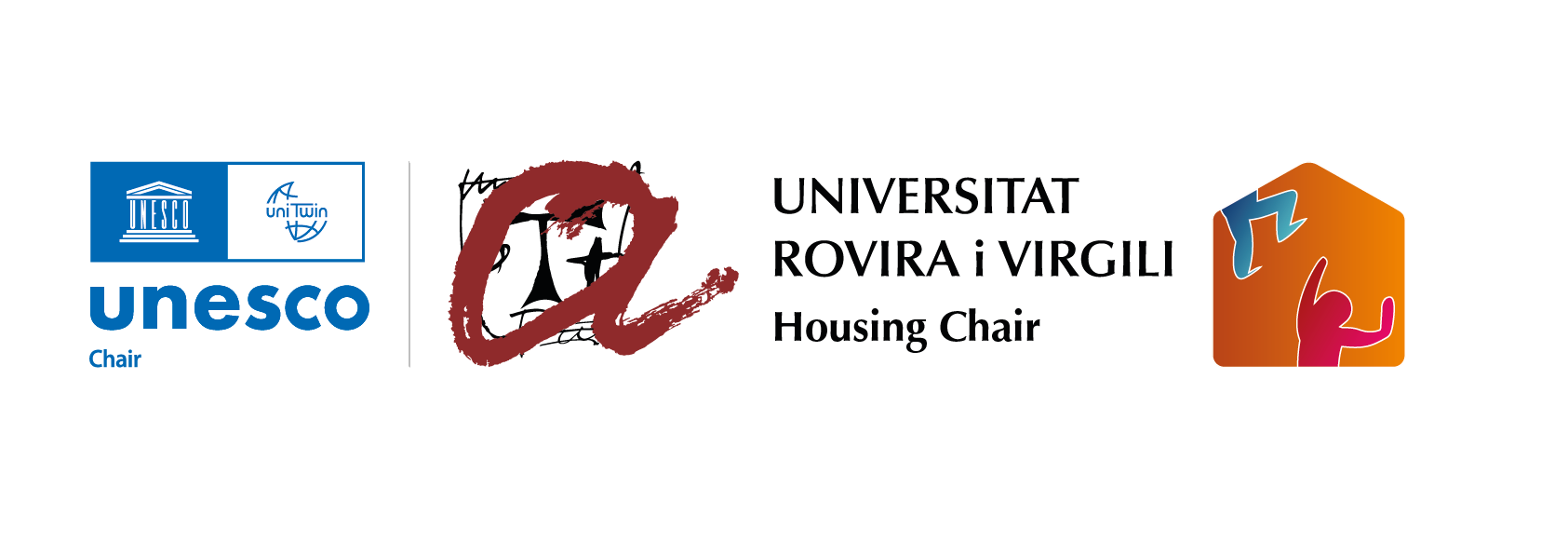The Xarxa d’Atenció Integral de Persones Sense Llar de Tarragonais leading, once again, thePoint-in-Time Count of roofless people in Tarragona. It will take place the night of the 14th to the 15th of May 2019. The first Counting was undertaken in May 2017 and 43 people sleeping rough together with 49 people sleeping in accomodation for the homeless were counted. These Countings are crucial to give dimension and to shape up the issue of homelessness in our city, consisting on one of the first steps to tackle this phenomenon.
The Xarxa (Network) was spurred by the Municipal Institute for Social Services in Tarragona (IMSST) and the UNESCO Housing Chair is part of it, together with public authorities, social entities and other university institutes.
Check the following link in order to register as a volunteer for the May Counting: https://www.tarragona.cat/serveis-a-la-persona/serveis-socials/sensellarisme.

